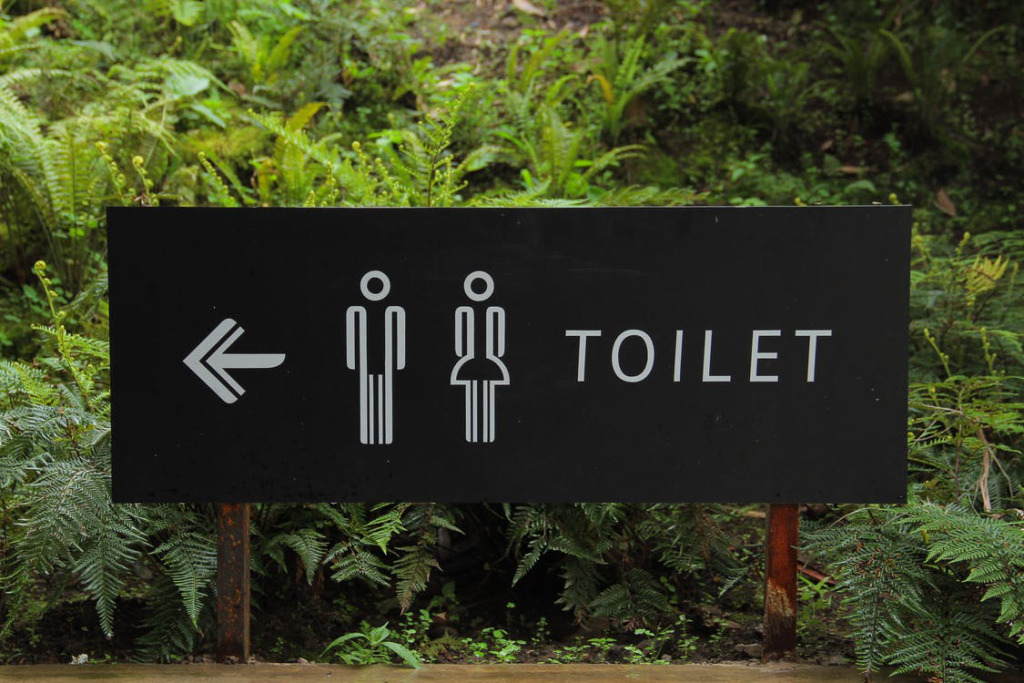3 Reasons for Not Flushing “Flushable” Wipes Down the Toilet
If your sewer is backing up regularly, and you experience regular damages and clogs in your plumbing lines, it’s probably because you’re flushing too many things down the toilet.
Flushable wipes are the biggest culprit in this scheme. Even though they’re marketed to be flushable, they’re really not. They can cost you thousands of dollars in damages and repair! If you haven’t been convinced enough, here are all the reasons you shouldn’t be flushing so-called flushable wipes down the toilet.
They Don’t Break Down
Flushable wipes don’t disintegrate in water or break down after a day or two, unlike toilet paper. Supported by research, many plumbers have found flushable wipes firsthand, completely whole in drains—and so, have an enduring lifetime. They’re made up of chemicals, resin and bonded using high pressure to make them durable. When you flush them down the toilet, buildup leads to sewer blockages and damage over time.
Fatberg Effect
Although the Fatberg effect sounds like something fancy, it isn’t. It’s actually really gross and refers to when non-biodegradable waste accumulates in sewers. This waste doesn’t contain the normal fecal matter or toilet paper you’d expect in sewers—rather, cotton swabs, pads, wipes, cooking fat, sanitary napkins and the likes. Over time, fatbergs can become massive and cause overflows in sewage systems. This can lead to serious damage to public lines and homes, resulting in thousands of dollars spent on repairs.
They Fragment Plumbing
This can be a significant cause for concern for those living in older homes. With time and often incorrect care, pipes can become damaged. Older homes have pipes made of cast iron, copper, and PVC, which can corrode easily. Wet wipes get tangled within the plumbing system and can create an impenetrable layer over time. This problem can only be corrected by calling a plumber to inspect your plumbing system. Flushable wipes also get caught in the sewer system, leading to clogs and blockages. This can lead to sewer waste infiltrating your home through any opening that’s tied to your septic tank, resulting in cracks and damages in your sewer system over time. If you suspect damage, call a professional plumbing service ASAP.
At Pro Serve Plumbing, we have decades of plumbing experience. Our team of licensed professionals in Fort Worth, TX, is prepared to help you with all your plumbing needs from inspecting plumbing lines to sewer repairs.
Contact us at +1-817-244-0614 to book an appointment or email at info@proserveplumbers.com for more info.

